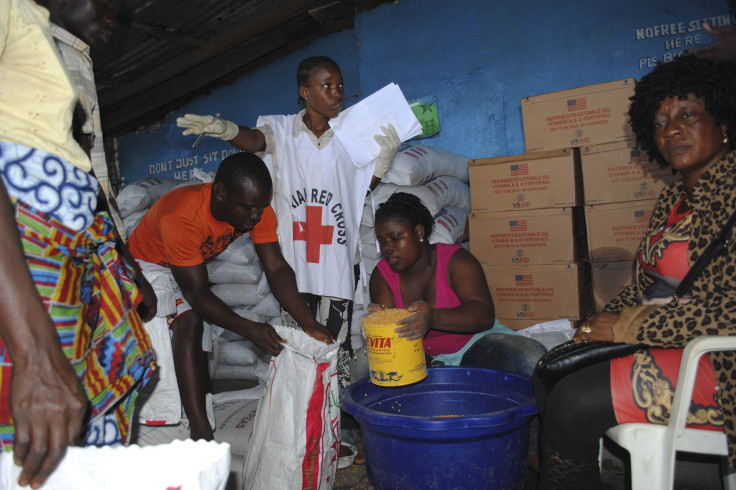Food prices up 24 percent in Ebola-hit countries: WFP

GENEVA (Reuters) - Food prices have risen by an average of 24 percent across the three countries worst hit by the Ebola outbreak, forcing some families to reduce their intake to one meal a day, a World Food Program (WFP) spokeswoman said on Friday.
The food-producing regions of Guinea, Sierra Leone and Liberia in West Africa have been severely affected by the worst outbreak on record of the viral hemorrhagic fever that has killed nearly 4,500 people.
Infection rates in the food-producing zones of Kenema and Kailahun in Sierra Leone, Lofa and Bong County in Liberia and Guéckédou in Guinea are among the highest in the region. Hundreds of farmers have died.
Decisions by the three governments to quarantine districts and restrict movements to contain the spread of the virus have also disrupted markets and led to food scarcity and panic buying, further pushing up prices, WFP and the Food and Agriculture Organization (FAO) have said.
"Prices have risen by an average of 24 percent," said WFP spokeswoman Elisabeth Byrs, adding an assessment of major markets showed the price of basic commodities was rising in Guinea, Liberia and Sierra Leone and in neighboring Senegal.
In the Liberian capital Monrovia, prices of cassava and imported rice, the main staple food, have increased by 30 percent.
"Planting and harvesting is being disrupted with implications for food supply further down the line. There is a high risk that prices will continue to increase during the coming harvest season," Byrs told Reuters.
Byrs said WFP was carrying out a food security survey remotely using mobile phones to investigate the impact of the crisis on 2,400 families across the three countries.
The first round of the survey of 800 people in Sierra Leone's eastern districts of Kailahun and Kenema showed that people are worse off in terms of food security, despite being the main producing areas.
"The survey showed that certain families have cut down to one meal a day or that people are eating food that costs less, such as cassava instead of rice," she said.
(Reporting by Stephanie Nebehay; Writing by Bate Felix; Editing by Janet Lawrence)



























